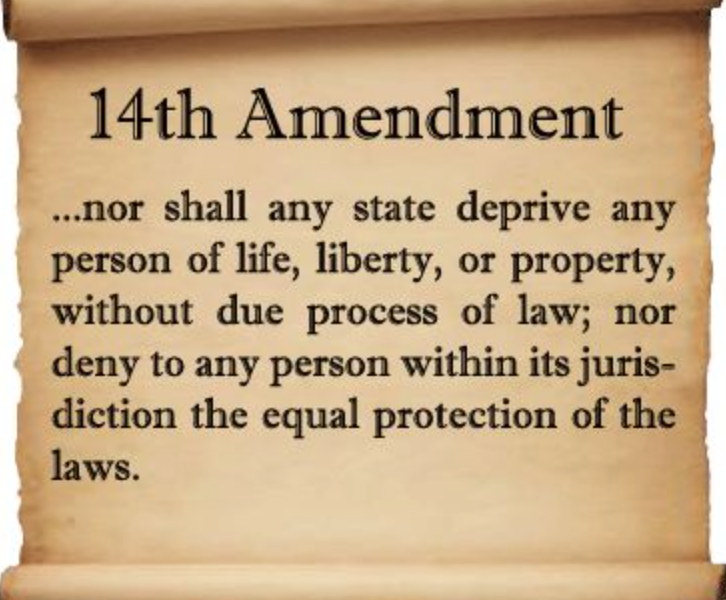
The Bill of Rights – Part Three
In this series we explore 1) the Source of the Bill of Rights, 2) Who’s rights are protected 3) Whom are the rights protected from, and 4) What rights are protected.
In Part Three we discuss from Whom are the rights in the Bill of Rights protected.
In short the Constitution protects us from the Government. Private conduct, generally, is not the subject of the protections afforded by the Bill of Rights. We can be as foolish, cruel, or nasty to our fellow men and women as our nature dictates for the worst reasons or no reason at all without running afoul of the Constitution.
(That is not to say that the law will completely ignore private conduct in all instances. Civil Rights legislation both at the Federal and State levels does reach what would in other instances be private conduct. But that legislation can be changed without the arduous process of amending the Constitution, the Supreme Law of the land.)
For most of the life of the Republic the Bill of Rights only protected from actions of the Federal Government. For example, the First Amendment reads “Congress shall make no law” abridging Freedom of Speech or Religion. It says nothing about whether the States can pass laws abridging Freedom of Speech or Religion. To be sure, States have always had their own constitutions that protected specific rights, but the coverage of U.S. Constitution was limited to the Federal government.
That changed with the passage of the Fourteenth Amendment after the Civil War. The Fourteenth Amendment Due Process clause provides “nor shall any State deprive any person of Life, Liberty, or Property without Due Process of Law.”
We already had a Due Process clause (see the Fifth Amendment), but the Fourteenth Amendment specifically applies to the States. And it is that word “Liberty” that opened up a pathway for the Supreme Court.
In a series of decisions over a number of decades The Court held that most of the Bill of Rights were individual “Liberties” and the Due Process clause applied to protect our these “liberties” of our citizens from not only the Federal Government, but the State Governments and all their political subdivisions, including Counties, Cities, School Districts and other governmental entities.
This is the Selective Incorporation Doctrine. It is Selective because it took a while and was not wholesale. Between 1896 and 1972, one by one, case by case, all but a few of the provisions of the Bill of Rights were incorporated into the Fourteenth Amendment Due Process clause and made applicable to the States.
Included are the First Amendment (Speech and Religion), Second (Arms), Fourth (Arrest, Search and Seizure), Fifth (Self-Incrimination, but not the guarantee of Grand Jury Indictment), Sixth (Counsel and Trial), Eight (Cruel and Unusual punishment, but not excessive fines or bail.)
Lastly, as we will more thoroughly discuss in the next segment, certain “unenumerated” rights, that is those that are not specified in the Constitution, but which the Supreme Court has defined as “Liberties” such as Privacy (abortion, sexual practices, Gay marriage) are also protected from encroachment by all levels of government.